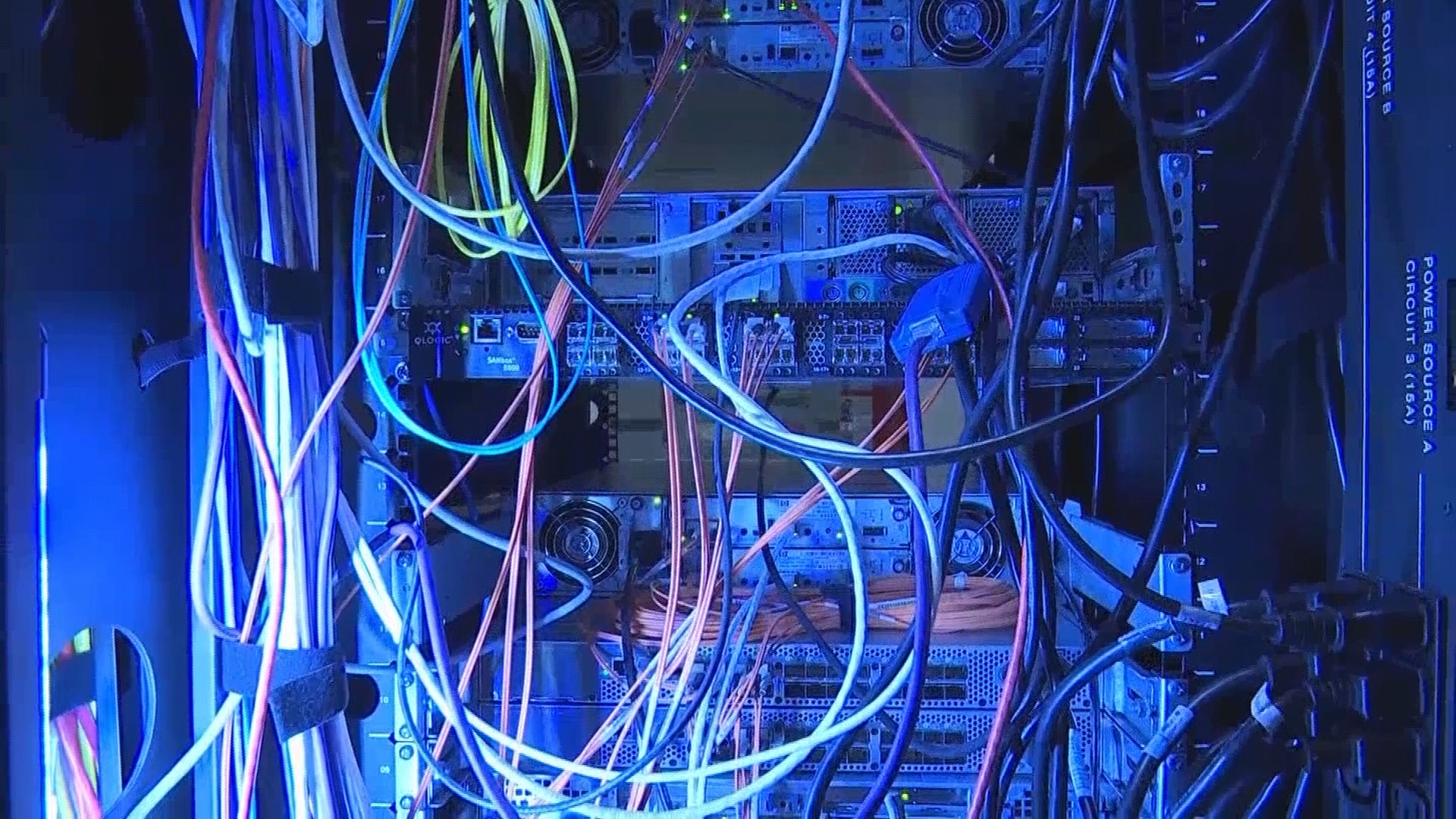Net neutrality is a tricky topic uniting tech voices large and small, from online giant Amazon to hundreds of startups nationwide.
The regulations created in 2015, under President Obama’s FCC, seek to preserve free and open access to the internet and prohibit big internet service providers from providing faster service for some sites or users over others.
“A free and open internet means a little website, like a popular one called Reddit, should be able to have easy access just like the Washington Post or the New York Times,” said Michael Schutzler, the CEO of the Washington Technology Industry Association.
However, the rules established a couple of years ago are expected to change next month, under President Trump’s FCC. Chairman Ajit Pai announced a draft order on Tuesday to roll back the current internet regulations calling them “heavy-handed.”
“That decision was a mistake,” Pai said of the 2015 vote. “It’s depressed investment in building and expanding broadband networks and deterred innovation.”
Comcast, one of the broadband giants that supports the move, argues the regulations have harmed innovation and aren't necessary to guarantee an open internet, according to a statement.
“There’s just a mountain of evidence that the current rules do not stifle innovation,” counters Schutzler.
He says it’s too early to know what a repeal of the current rules will mean for the consumer at home, but there's concern it could potentially affect anyone from the average user, to the blogger, to companies of all sizes that rely on the internet.
“This is a big change, and any time you have big change, you have fear,” said Schutzler. “There's reasonable fear, uncertainty and doubt because these rules, that were just beginning to be understood, are now all going to go away. Startups are afraid and large companies are afraid too, because ostensibly ISPs could now charge a lot more money for same internet access.”
FCC Chairman Pai has said he will require internet providers to be transparent about their practices, “so that consumers can buy the service plan that’s best for them and entrepreneurs and other small businesses can have the technical information they need to innovate.”
However, companies large and small that rely on the internet including Amazon and Google as well as hundreds of smaller start-ups have written the FCC, voicing concern. Overall, more than 22 million comments were submitted to the FCC in response to the proposal. A vote by commissioners is expected to pass along party lines as early as December 14.
Schutzler, meanwhile, believes the ultimate solution needs to come from bipartisan legislation through Congress, not the Federal Communications Commission.
“We’re seeing a see-saw, back and forth based on who’s in the executive branch,” he said.
“The current rules work. So, monitor, maybe make adjustments. But wholesale throwing the baby out with the bath water is just to me catastrophically stupid,” Schutzler argues.
What Washington Lawmakers are saying:
This is unacceptable. We must protect #NetNeutrality. Whether doing homework or creating the next technological advancement, Americans rely day in and day out on a free & #OpenInternet https://t.co/Q8jwuK8Czk
— Sen. Maria Cantwell (@SenatorCantwell) November 21, 2017
President Trump and @AjitPaiFCC want Internet service providers to be able to block, slow down, or charge people for access to websites. We have to fight back. https://t.co/hQ3azkKxQ4
— Senator Patty Murray (@PattyMurray) November 22, 2017
“I have long said I opposed the heavy-handed approach the previous administration took in reclassifying the Internet under Title II, and I applaud the Commission’s effort to roll back these arbitrary rules. The previous FCC upended decades of bipartisan consensus by ramming through a regulatory framework that discourages investment and slows innovation. Now more than ever, I believe it’s time for both sides of the aisle and the Internet community to come together and find a legislative solution that protects consumers without disrupting the free flow of information or stifling innovation.” — Rep. Cathy McMorris Rodgers, R-Washington
“Throughout my time in Congress, I have consistently supported the principle of net neutrality. To me this principle means Washingtonians and their families are free to make their own decisions when using the Internet not having their choices limited by the slowing down, degradation, or blocking of online content by outside groups. As the FCC moves forward it is my hope that any action taken will preserve these protections for online consumers and keep the Internet open, free from interference, and make sure it stays a source of innovation and job creation,” Rep. Dave Reichert, R-Washington
“I support net neutrality and believe we must protect a free and open internet. I oppose the Trump Administration proposal put forward today because it would stifle innovation and harm consumers. The FCC should reject this proposal, and instead Congress should update telecommunications laws and make sure they are relevant to today’s economy.” –Rep. Derek Kilmer, D-Washington
“The president pardoned two turkeys today. But if there is one turkey that deserves the chopping block, it’s the rule to rollback net neutrality. Rolling back these rules opens the door to practices like paid prioritization and throttling internet speeds, which most of my constituents oppose,” Rep. Rick Larsen, D-Washington
“I am a strong supporter of net neutrality. The internet must remain open and free for all. I oppose and will fight against FCC Chairman Pai’s plan to undermine net neutrality,” Rep. Adam Smith, D-Washington
“I believe in a free and open internet. FCC Chairman Pai's proposal to fully repeal net neutrality and allow internet service providers to influence the content users can see is a loss for consumers and for innovation,” Rep. Suzan DelBene, D-Washington
“Rep. Heck opposes the FCC’s plan to end net neutrality. He supports reasonable rules put in place to ensure equal access to the Internet,” according to a spokesman for Rep. Denny Heck, D-Washington
Rep. Pramila Jayapal, D-Washington, speaking on net neutrality during past judiciary committee hearing.


